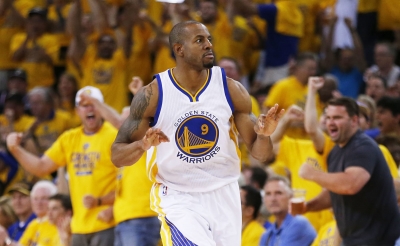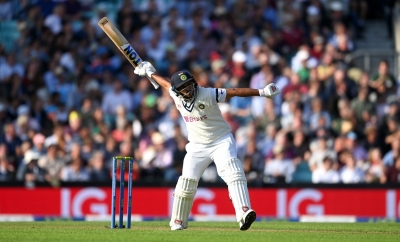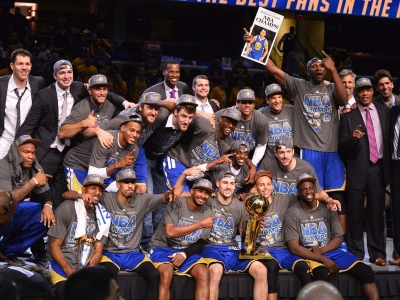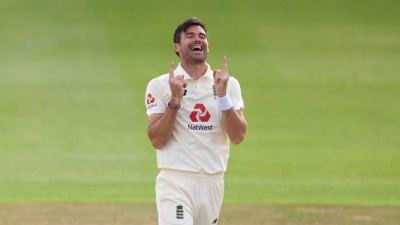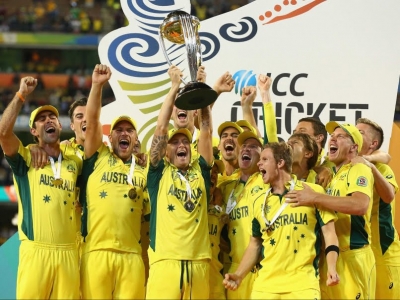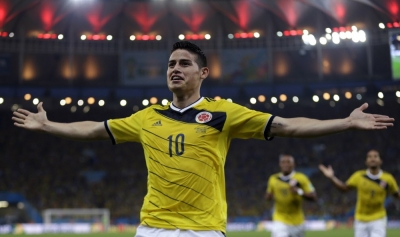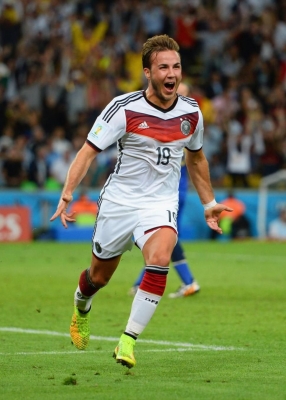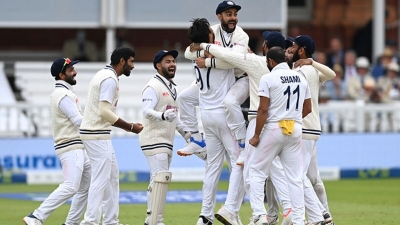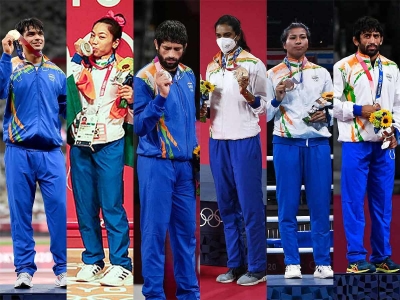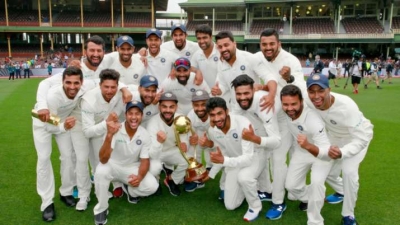Golden State Warriors defeated which team in the 2015 NBA Finals?
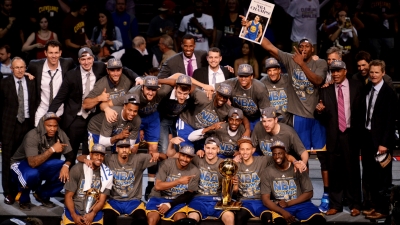
The 2015 NBA Finals was the championship series of the National Basketball Association's (NBA) 2014–15 season and the conclusion of the season's playoffs. The Western Conference champion Golden State Warriors defeated the Eastern Conference champion Cleveland Cavaliers in six games (4–2) for the Warriors' first title in 40 years and their fourth in franchise history, becoming the first team since the 1990–91 Chicago Bulls to win a championship without any prior Finals experience from any player on their roster. 2015 also marked the first Finals since 1998 without either the Los Angeles Lakers, the San Antonio Spurs, or the Miami Heat (the latter two teams are in the previous Finals). Golden State's Andre Iguodala was named the Finals Most Valuable Player (MVP).
Both teams entered the series with title droughts of four decades, with the Cavaliers having never won a title since their 1970–71 inception and the Warriors' last title having been in 1975. This was also the first time that both participating teams had first-year head coaches since the inaugural league finals in 1947, when the NBA was known as the Basketball Association of America (BAA).
James also became the first player in NBA Finals history to lead both teams in points, assists, and rebounds for the entire series. He averaged 35.8 points, 13.3 rebounds, and 8.8 assists for the series, although he shot 39.8% throughout the series. Kevin Love missed the entire series due to an injury, and Kyrie Irving missed the final five games of the series due to an injury in Game 1. For the second straight year, the Finals was played in the 2–2–1–1–1 format (Games 1, 2, and 5 were at Golden State, games 3, 4, and 6 were at Cleveland. Had it been necessary, Game 7 would have been held at Golden State). The series began on June 4, 2015, ending on June 16. In the United States, it was televised on ABC and in Canada on TSN.
Picture Credit : Google
